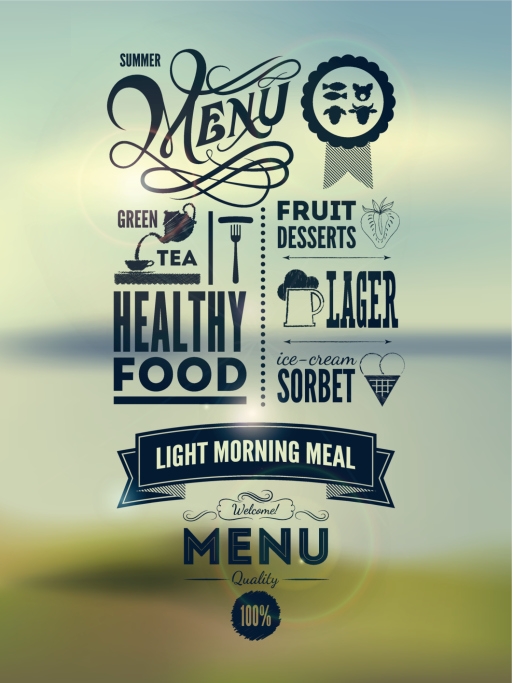
What’s your problem? These foods are best for you.
Make the most of the properties of the food.
A healthy, balanced diet improves your general health and helps prevent many illnesses. However, you should adapt your diet to the illness you suffer from. We would like to help you do just that.
Diabetes: if you have an excess of sugar in your blood, increase your intake of wholegrain foods (bread, rice, pasta and cereals), fruit and vegetables.
Limit alcohol and salt, sweet food and shop-bought confectionery. Eat small helpings five times a day.
Gout: Eat turkey, chicken, eggs, white fish, low-fat dairy products, wholegrain cereals and all kinds of vegetables and fruit.
Avoid: shellfish, red meat, offal, cold meats, pork lard, full-fat cheese and alcohol.
High blood pressure: Reduce your intake of salty foods (cold meats, tinned food, dry soups, bacon, pizzas, and pre-cooked dishes), fatty foods and stimulating substances like caffeine and alcohol. Increase your intake of fruit, vegetables and sugar-free, non-fizzy drinks. Use herbs like thyme, oregano, rosemary, or onion, garlic or lemon to season your food.
Anaemia: Increase your intake of red meat, turkey, rabbit, liver, black pudding, fish (sardines, sea bass, and monkfish), shellfish like clams, mussels or cockles and egg yolk.
Food rich in iron: chard, spinach, red cabbage, pulses (lentils or chick peas) and dried fruit. Food with vitamin C helps the body to absorb iron (citrus fruit, tomato or peppers).
High cholesterol: Increase your intake of cereals (oatmeal or barley), pulses, vegetables and fruit. They prevent the normal absorption of cholesterol and afford fibre for regulating bowel transit as well as helping to reduce it. Take olive oil, soya or oily fish containing good fatty acids which raise good cholesterol levels and help eliminate bad cholesterol.
Avoid: shop-bought confectionery, fat cheese, full cream milk, sweet desserts, coconut or palm oil and appetizers or snacks, and reduce your intake of eggs, avocados, olives, or full-fat yoghourts.
Triglycerides: Reduce your intake of fatty foods such as butter, cream, fatty meat, full-fat dairy products, confectionery and pastries.
Raise your intake of fruit, vegetables, wholegrain cereals, oily fish, poultry meat and nuts.
Acne: Increase your intake of foods with vitamin C (citrus fruit, strawberries, tomatoes, peppers, potatoes or soya), vitamin A (tomatoes, carrots, mango or apricots), and vitamin E (nuts, linseed oil, soya, tomatoes and asparagus) or with zinc (water melon, lamb or peanuts).
Avoid full cream milk, fat cheese, algae and iodized salt, as well as chocolate or fatty foods like confectionery or fried foods.
Celiac disease: Avoid foods with gluten like bread, pasta, confectionery or biscuits, made with wheat flour, barley, rye or oatmeal. Be careful with other products which may contain traces of flour such as cold meats, chocolate, malted foods, cheese, pâtés or tinned food. Read the label carefully and choose specially prepared products without gluten.
Give priority to natural foods with fruit, vegetables, rice, maize, milk and derivatives, meat, fish and eggs pulses, potatoes and oils.
Insomnia: Eat eggs, fish, chicken, pulses, dried fruits and nuts, bananas, pineapple, avocado, which contain tryptophan and help you sleep.
Avoid beverages with caffeine or theine, alcohol, chocolate, cheese, spicy food, fatty meat, heavy food with sauces. Avoid taking them especially at night.
